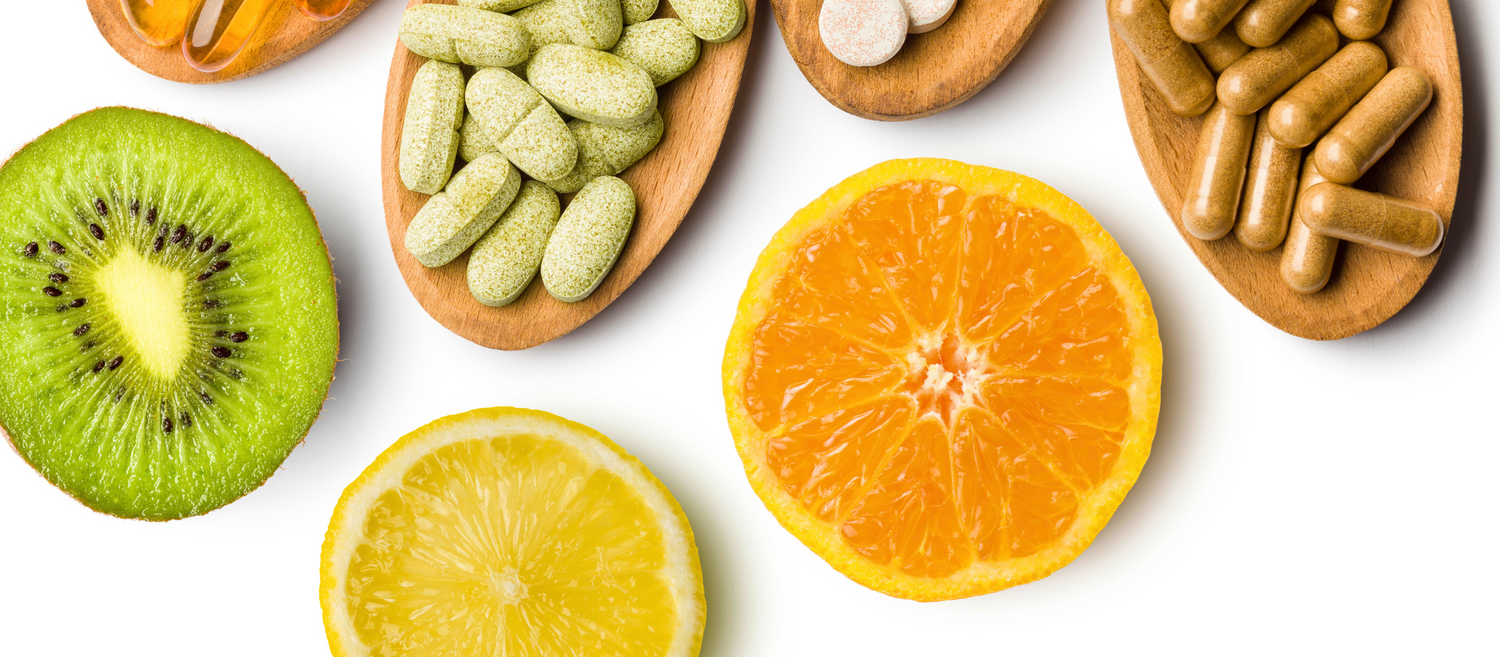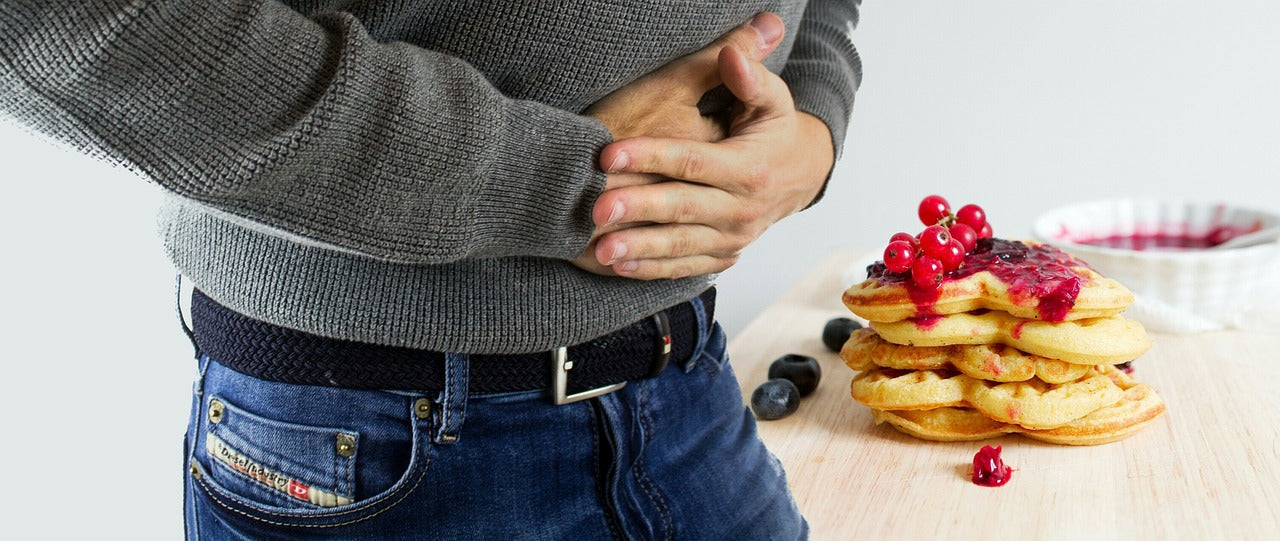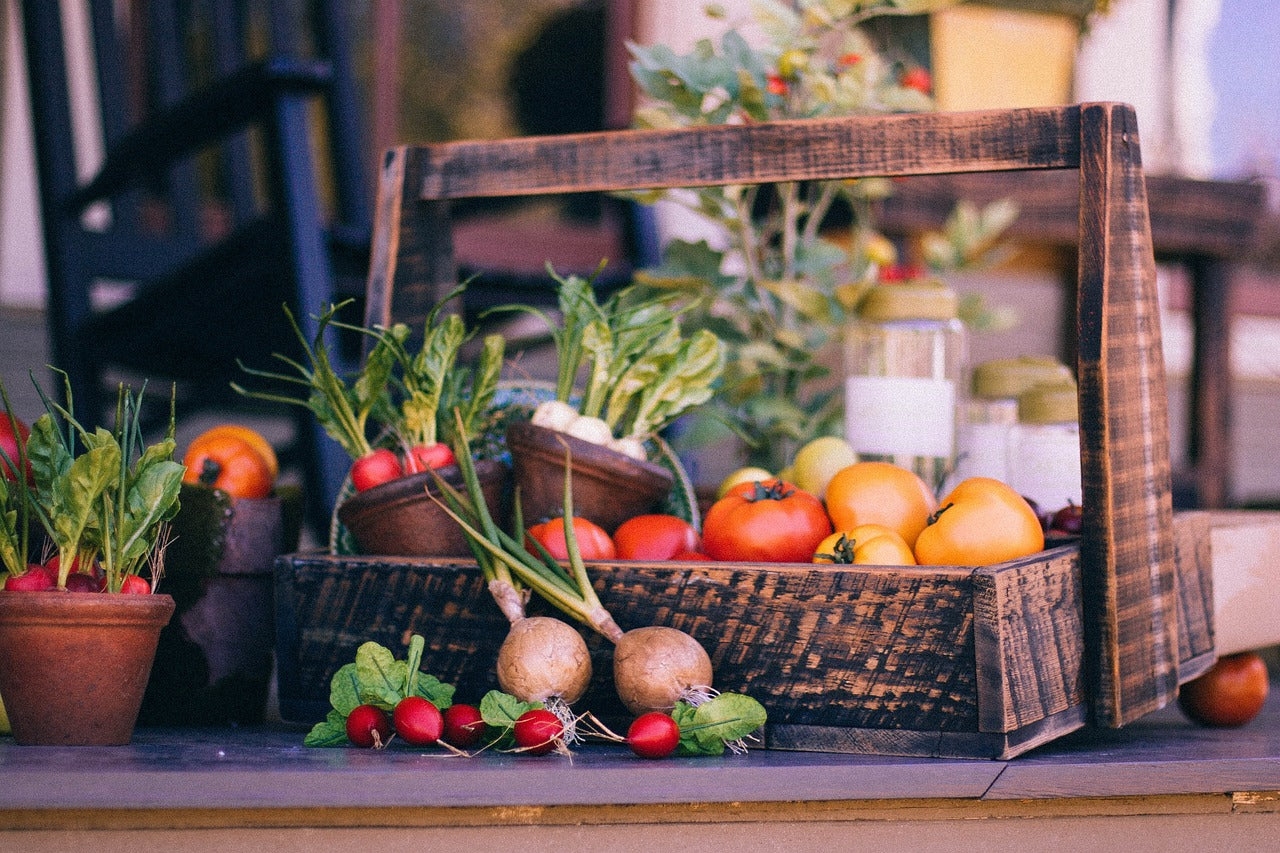In Italy, the number of celiacs is increasingly higher; the reason for this datum is that today’s cereals contain more gluten that those grown in the past. Wheat is selected in order to make it more resistant to bad weather conditions, which thing involves genetic alterations and a greater amount of gluten. In addition, our consumption of wheat-based products is excessive, thus so is the presence of gluten proteins in our bowels.
Gluten is a protein found in cereals like wheat, emmer, rye and kamut; it causes the formation of bubbles typical of good bread, makes pizza dough more elastic, makes pasta cooking more “al dente” and ensures the right texture and friability of baked food. On the other hand, it can have harmful effects on genetically predisposed individuals; the more gluten is contained in flour, the more carbon dioxide is produced during the leavening process, so the more swollen the dough, the more we may feel bloated in the abdomen, especially if bad eating habits, smoking habits or medicines have already caused inflammation in our bowels. In such cases, intestinal cells are detached; as a result, several substances that should not pierce our intestinal barrier (microorganisms, toxins, gluten etc.) end up undigested in our blood, triggering an immune response which does not necessarily cause celiac disease. Some people, in fact, are gluten-sensitive yet not celiac (NCGS), with much lighter symptoms that will probably disappear after a few days without having gluten cereals.
The real celiac disease, instead, involves an immune reaction that flattens the intestinal villi resulting in chronic inflammation, malabsorption and nutritional deficiency. Its symptoms are abdominal pain, intestinal swelling, diarrhea, nausea, vomit, inappetence, weight loss, articular pain, headache, exhaustion, dermatitis, anemia. The primary diagnosis, which is even faster and less invasive, results from the dosage of specific antibodies; if they are negative, under medical advice, one can undergo biopsy of the intestinal mucosa.
The onset of symptoms can depend on very small traces of gluten, so celiacs must do without any aliment whose preparation may have had contamination; in this respect, reading products’ labels carefully is of fundamental importance. Only a strict gluten-free diet can reduce celiacs’ intestinal inflammation and allow them to be healthy again.
Anyway, both celiacs and gluten-sensitive people need to choose their food accurately. Some industrial products are made with blends of gluten-free refined flours which contain preservatives and chemical thickeners; moreover, they have a high glycemic index and calorie content due to added fat and sugar. Therefore, it is preferable to go for cereals that are naturally gluten-free, such as rice, quinoa, millet, sorghum, buckwheat and corn.
Dr. Benedetta Matarese




